Romanian Traditions
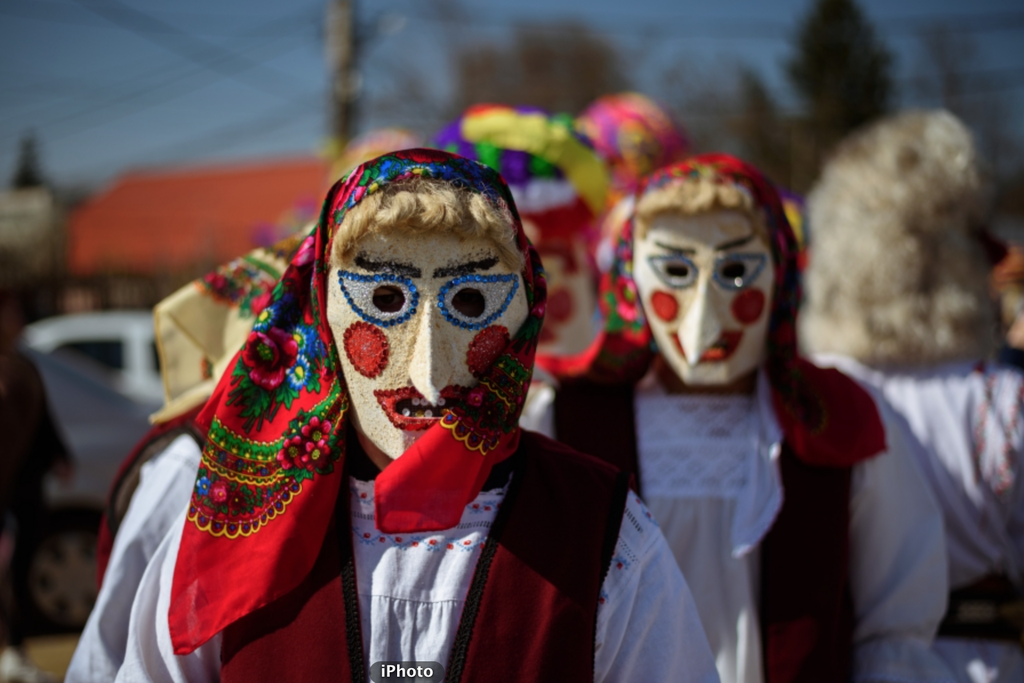
Translated as ‘The Cuckoos’, this is a tradition the whole village takes part in. One of the most colorful Romanian customs, it precedes the start of the Lent and involves beautifully adorned masks and costumes. The main character, The Cuckoo, wears a mask shaped like a globe, embellished with hundreds of paper flowers and ribbons. The rest of the participants are men dressed as women, who wear their lovers’ clothes. They wear belts fixed with loud bells around their waists and carry a stick. They roam the village and touch, or even gently hit, those in the audience so they gain protection against diseases and misfortune in the coming year. This tradition takes places in the villages of Brănești, near Bucharest, as well as several villages near Călărași, the seaside city of Constanța in the Maramureș region, northern Romania.
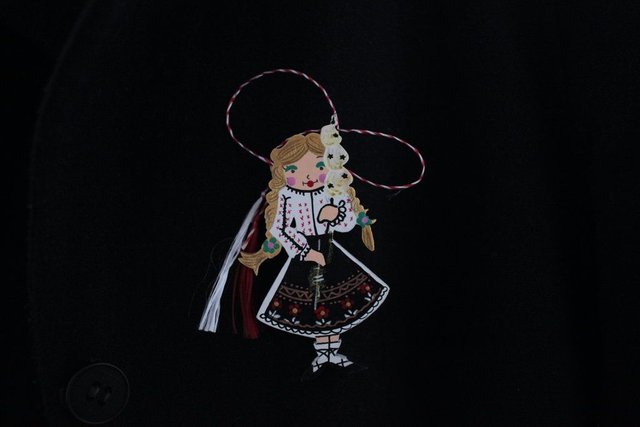
On the 1st of March, to mark the arrival of spring, Romanian women receive, either from men, or from their girlfriends, a small jewel-like ornament tied with a red and white string with hanging tassels. Worn pinned to clothes, on the left, in front of one’s heart, it is usually handmade, but can also be made of out of gold or silver. Central to the age-old custom, is the combination of red and white in the same string, which represents the duality of life and death.
Traditionally at the end of march the martisor get get tied to a tree’s branches, but these days, especially in urban areas, they are simply kept in the jewelry box until next spring.
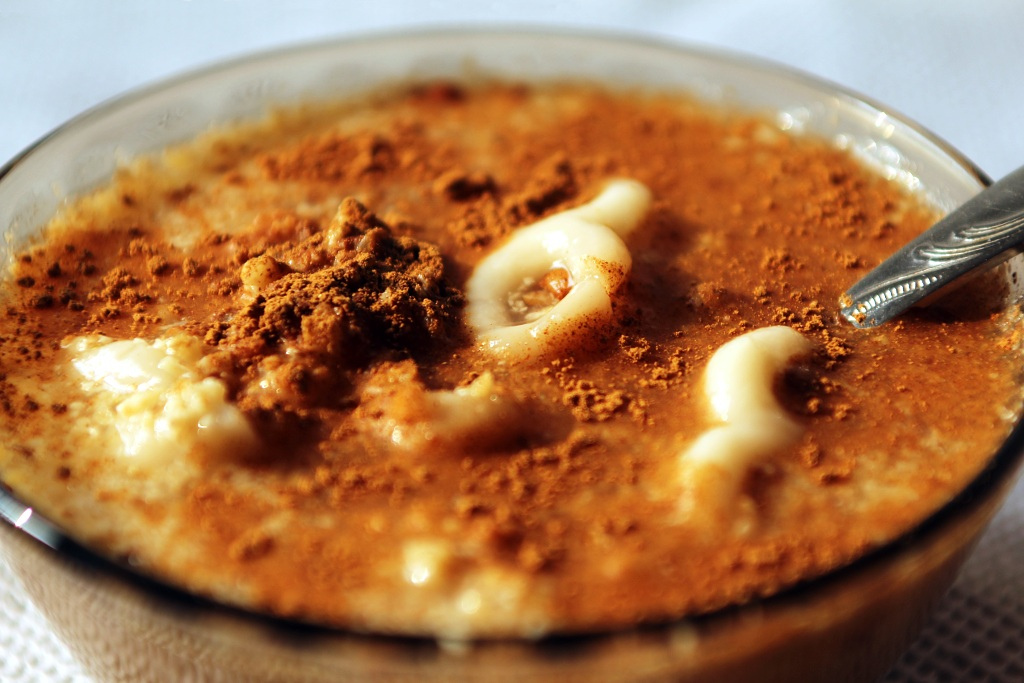
Mucenici is a Christian holiday celebrated on March 9th. It marks the feast of the Forty Martyrs of Sebaste. On this day, in the southern regions of Romania it is customary to eat a type of dessert consisting of dough that is boiled and seasoned with sugar, cinnamon and walnuts. The dough is shaped as the infinity sign, or the number 8.
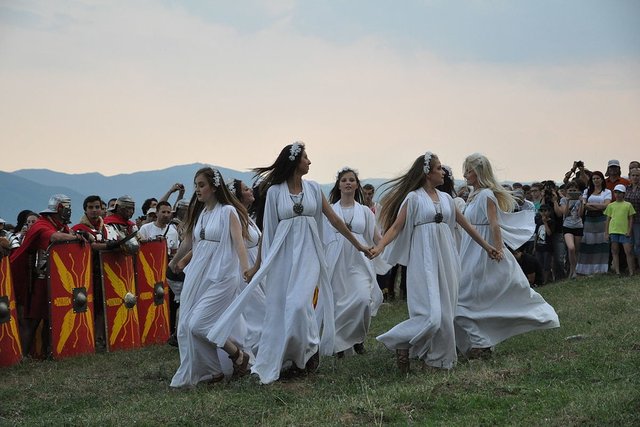
Bearing similarities to the Swedish Midsummer holiday, Sânzienele are celebrated on June 24th and mark the summer solstice. In Romanian folk culture, Sânzienele are good fairies, and the holiday is held in their honor. This tradition involves young women, who dress in long white dresses and wear beautiful crowns made of wild flowers and wheat ears in their hair. The central point of the ritual is their dance, who usually takes place in the evening, around a bonfire. It is believed that on this special night, the skies open up and magic things can happen to anyone who believes in it. Love spells, in particular, are at their most powerful this night. Just like on Boboteaza, unmarried women can dream of their future husband if they put a few Lady bedstraw flowers under their pillow the night before.
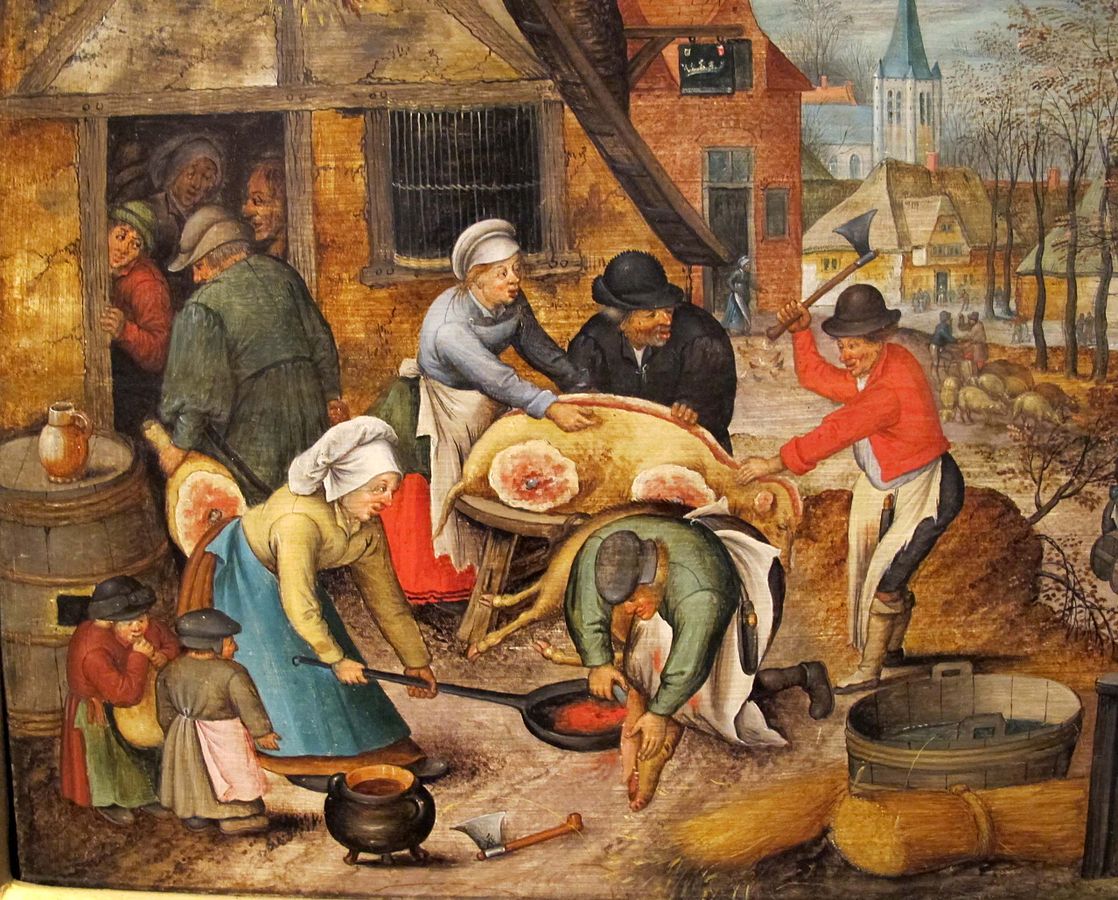
The pig slaughter is still carried out in many households, around Christmas time. Not for the faint hearted, this is an activity traditionally involving the adult males, who kill the animal, which then gets cut into pieces. Later, the meat is processed and cooked by women. Customarily, the first thing eaten from the pig is a slice cut from the pig’s forehead. This enables those who eat it to stay ahead in the coming year. During this ritual, nothing is discarded. Even the pig’s blood is collected and used to prepare traditional dishes such as sângerete, or blood sausages. Traditionally, the pig’s hoofs were used to make buttons, while the hair was collected to make toothbrushes and brushes.
Post from: https://theculturetrip.com/europe/romania/articles/12-traditions-only-romanians-can-understand/
Congratulations @baboiandrei! You received a personal award!
Click here to view your Board
Congratulations @baboiandrei! You received a personal award!
You can view your badges on your Steem Board and compare to others on the Steem Ranking
Vote for @Steemitboard as a witness to get one more award and increased upvotes!